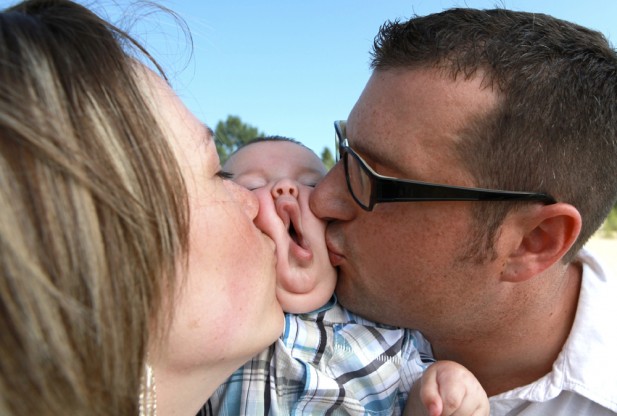 For probably as long as it has existed, alimony has been a man vs. woman thing. Men get ordered to pay, women get alimony and men get bitter. But as women have become more economically powerful, the game has changed.
For probably as long as it has existed, alimony has been a man vs. woman thing. Men get ordered to pay, women get alimony and men get bitter. But as women have become more economically powerful, the game has changed.
In 2012, a new law came into effect in Massachusetts that abolished permanent alimony and set up a formula for future payments. Some men there had been paying for decades to women to whom they’d only been married very briefly. While Massachusetts is the front runner, several states, especially Florida, are rethinking the way alimony is awarded.
Should men still have to pay alimony when women can now be educated and make (almost) as much as men? What about women who live with another guy but still take alimony? What do women who pay alimony think? And if we abolish alimony, how do older women without job skills get by?
In this week’s TIME, we look at the wave of alimony reform sweeping across the U.S. and the surprising people who are helping to effect that change: women. To do this, we had to interview a lot of divorced couples. As you can imagine, many of them were a little taken aback to find themselves talking to the nation’s preeminent newsweekly about their ex-spouses.
Permanent alimony? Still? In this day and age?
Here is a great comment from the article that explains EVERYTHING to me:
In the face of the obvious injustices around alimony, regardless of who pays, the Colorado Legislature passed, and the Governor of Colorado, John Hickenlooper, just signed on May 10, a bill to force people divorcing in Colorado to pay the highest amounts of alimony for the longest periods of time in the history of mankind. Try this on: Guaranteed alimony in any marriage of 3 years or longer, guaranteed LIFETIME alimony in any marriage over 20 years, alimony amounts that are the highest on the planet, calculated using a formula that can award up to 40% of the payer’s GROSS income (not net income, GROSS income!), overtime income of the payer can be considered when plugging into the formula, mandatory life insurance payable to the recipient of alimony, but paid for by the alimony payer, all divorces are absolutely no fault with marital conduct explicitly prohibited from being considered when alimony is awarded, punitive enforcement that throws indigent alimony payers in jail even if they are provably broke, and on and on and on.
Yes, these statutes apply to civil unions, also.
The number of women paying alimony in Colorado is expected to skyrocket. Since alimony is now a guaranteed formula, judges can’t arbitrarily deny alimony to men any longer. Since women are the higher earners in over 30% of marriages now, we should expect 30 % of alimony payments to be made by women in Colorado going forward. Fair is fair, right?
This law will be repealed as soon as a few single moms or lesbians with no kids are ordered to pay onerous alimony payments to their cheating ex-spouses. Somehow the ultra left-wing Colorado state government missed the memo that women are going to be the most negatively impacted by this bill.
This is 2013, not 1953. There is NO WAY a ballot initiative with these terms would pass if put before voters.




